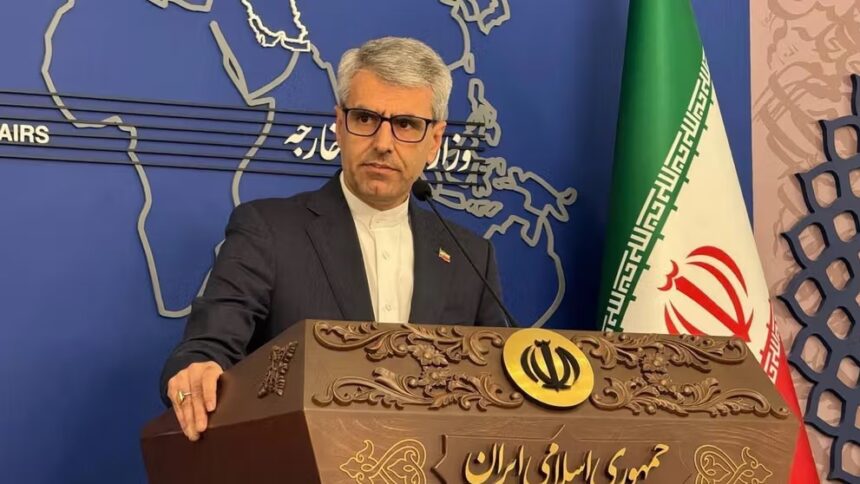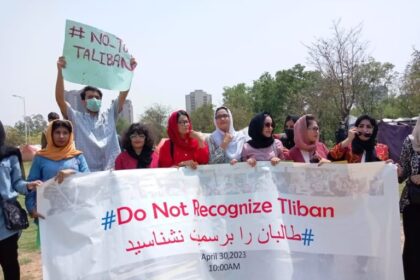RASC News Agency: Esmaeil Baghaei, spokesperson for Iran’s Ministry of Foreign Affairs, has refuted claims that Iran’s longstanding water rights dispute with Afghanistan has been resolved, despite recent high-level meetings between Iranian delegations and Taliban officials. Speaking at a press conference on Monday, February 17, in Tehran, Baghaei asserted that the issue remains unaddressed, contrary to prior statements suggesting a resolution. According to Baghaei, Taliban officials, in their meetings with the Iranian delegation led by Foreign Minister Abbas Araghchi, have emphasized that the matter of Iran’s water rights extends beyond a mere legal treaty, constituting a broader responsibility.
“The issue of water rights remains a standing item on the agenda of all engagements and dialogues with Afghanistan,” Baghaei stated. His remarks directly contrast with previous assertions by Alireza Beigdeli, Iran’s chief diplomatic representative in Kabul, who had earlier claimed that the dispute over Iran’s share of water from the Helmand River had been settled during negotiations between Iranian delegates and the Taliban leadership. In an interview regarding the water rights issue, Beigdeli stressed that recent discussions between the Iranian delegation, headed by Araghchi, and Taliban officials had culminated in a mutual understanding. He elaborated, stating, “During the recent visit of the Foreign Minister, Afghanistani authorities (the Taliban) reaffirmed their commitment to the treaty and expressed their willingness to address water-related challenges in Sistan and Baluchestan in a spirit of Islamic solidarity and brotherhood.”
On January 27, Foreign Minister Abbas Araghchi, leading a high-ranking political and economic delegation, arrived in Kabul, where he engaged in talks with several senior Taliban officials, including the Taliban’s Prime Minister, Foreign Minister, Defense Minister, and other high-ranking figures. Commenting on the visit, Foreign Ministry Spokesperson Esmaeil Baghaei posted on X (formerly Twitter), stating that the trip aimed to facilitate “strategic engagement and deliberation on shared interests and mutual concerns.” The Iranian delegation’s agenda in Kabul encompassed key issues such as Iran’s water rights from the Helmand River, counterterrorism efforts, narcotics trafficking, migration, and border security topics that were central to discussions between Iranian officials and the Taliban leadership.






